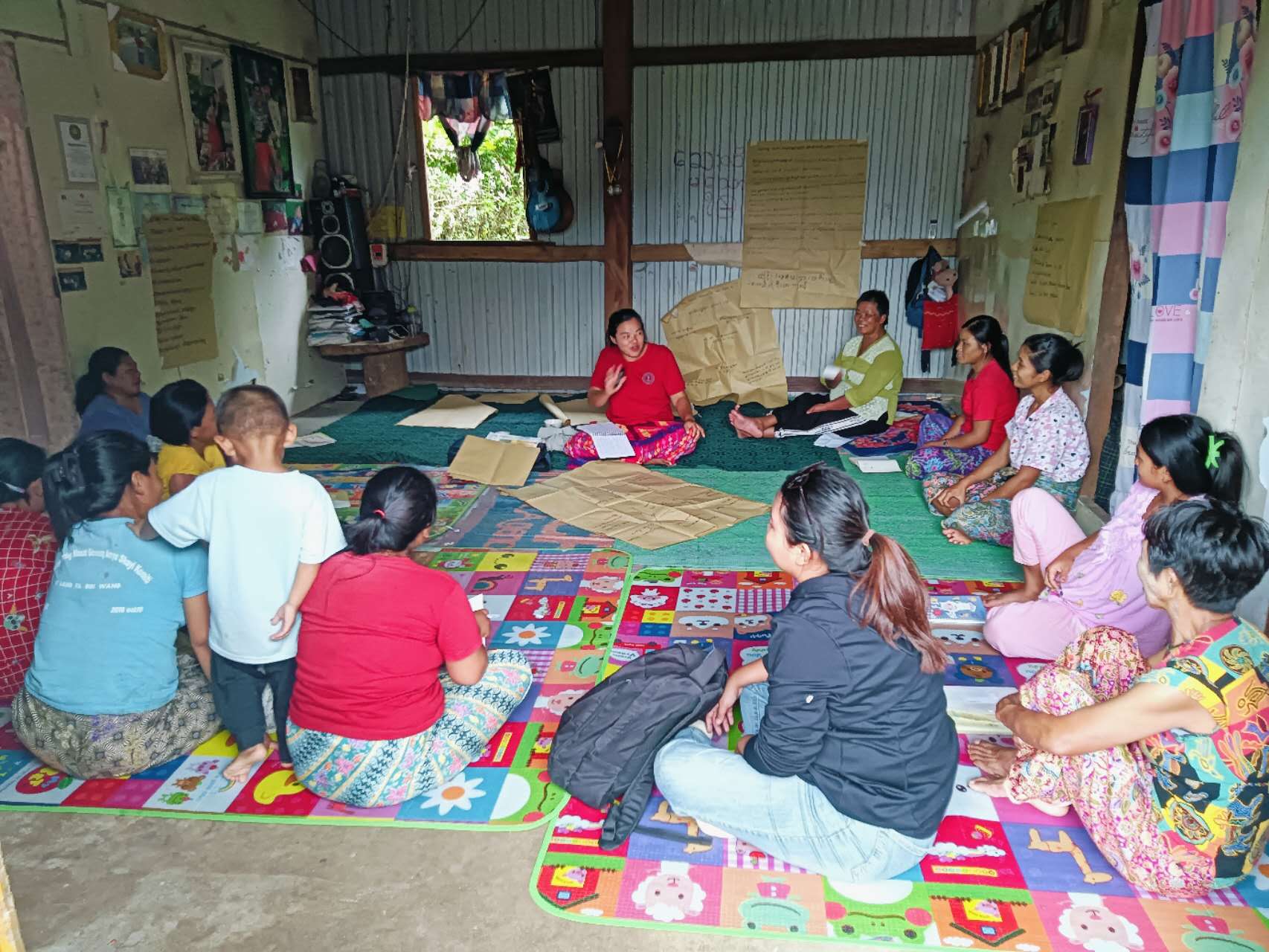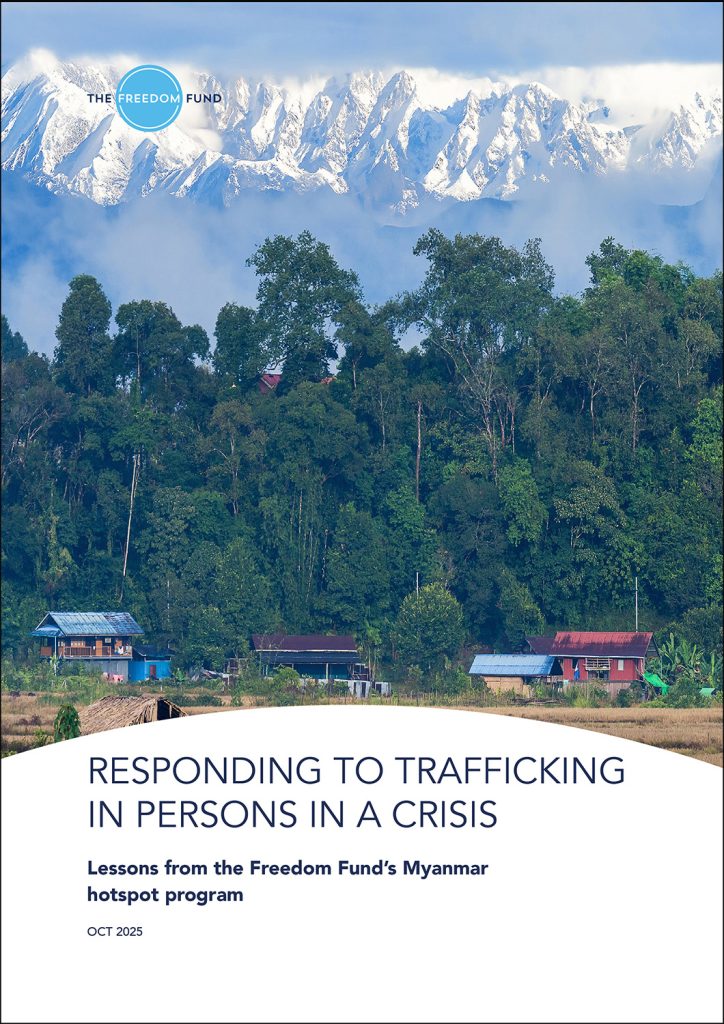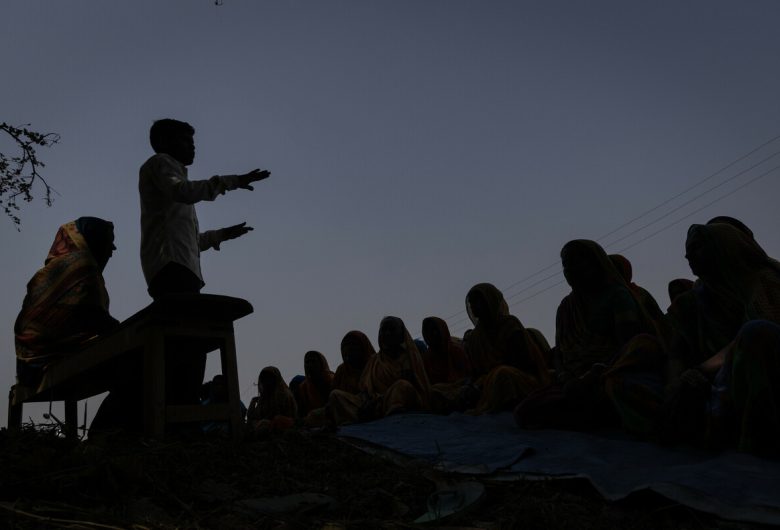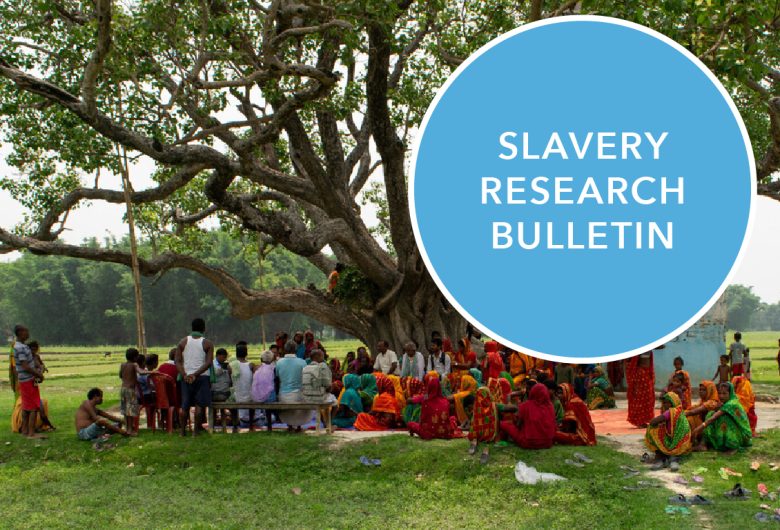A new report, Responding to trafficking in persons in a crisis: Lessons from the Freedom Fund’s Myanmar hotspot program, explores how local organisations overcame seemingly insurmountable barriers to continue delivering essential anti-trafficking services across conflict-affected areas of Myanmar. It offers fresh insights on how NGOs can adapt their interventions during humanitarian crisis and in conflict settings, so that supported communities can try to protect their members from forced marriage and human trafficking.
The report draws on the experience of the Freedom Fund’s local partner organisations in Myanmar, from 2020 – 2025, based in Kachin and Northern Shan states, and later, in Yangon Region. The hotspot program concentrated on communities affected by displacement, and it assisted women and girls at risk of trafficking for forced marriage and childbearing in China. The crisis deepened in Myanmar with the military coup in 2021, leading to widespread violence, airstrikes, and human rights abuses, displacing more than 3.3 million people – dramatically escalating risks of exploitation, at the same time as the country’s emerging protective systems fragmented and collapsed.
In this context, the Freedom Fund’s partners’ 30 project staff struggled to continue their work, facing mobility restrictions, insecurity, fuel shortages and internet blackouts, while these staff themselves were often traumatised and displaced. The report, based on focus group discussions, contextual analysis and desk review of partner monitoring reports, explores how these frontline responders adapted their strategies in order to strengthen the independent capacity of community groups and provide essential services to survivors of forced marriage.
Key strategies included partners:
- Training community members to lead small informal discussions in trusted spaces, using real-life stories and enabling survivors to share their knowledge. Locally-led outreach resulted in multiple reports of trafficking incidents, individuals ability to identify fraudulent recruitment, as well as greater empathy and reduced stigma towards survivors.
- Providing travel and communication allowances for community volunteers, alongside mentorship. These volunteers were able to provide psychosocial support as well as emergency assistance in trafficking and gender-based violence cases.
- Shifting to low-profile operations in order to maintain access to communities and helping staff to protect their identities and share hotline information discreetly.
- Providing support behind the scenes so that survivors could pursue their legal cases both in government systems and through alternative systems in areas of autonomous ethnic control. However, both systems were very limited in providing meaningful justice or compensation.
- With the breakdown of referral channels, partners found and coordinated with religious leaders, youth groups, women’s groups and other volunteers when trafficking survivors were escaping and needed help to get to safety. In many cases, partners also arranged temporary shelter and livelihood support.
These experiences provide important insights for humanitarian actors and the anti-trafficking movement, showing that even in constrained settings, organisations can still achieve adapted interventions when they trust and invest in communities. The report includes important recommendations. For funders, the research highlights the importance of flexible, long-term funding for frontline CSOs, including those with low visibility that are unable to formally register due to security barriers.




